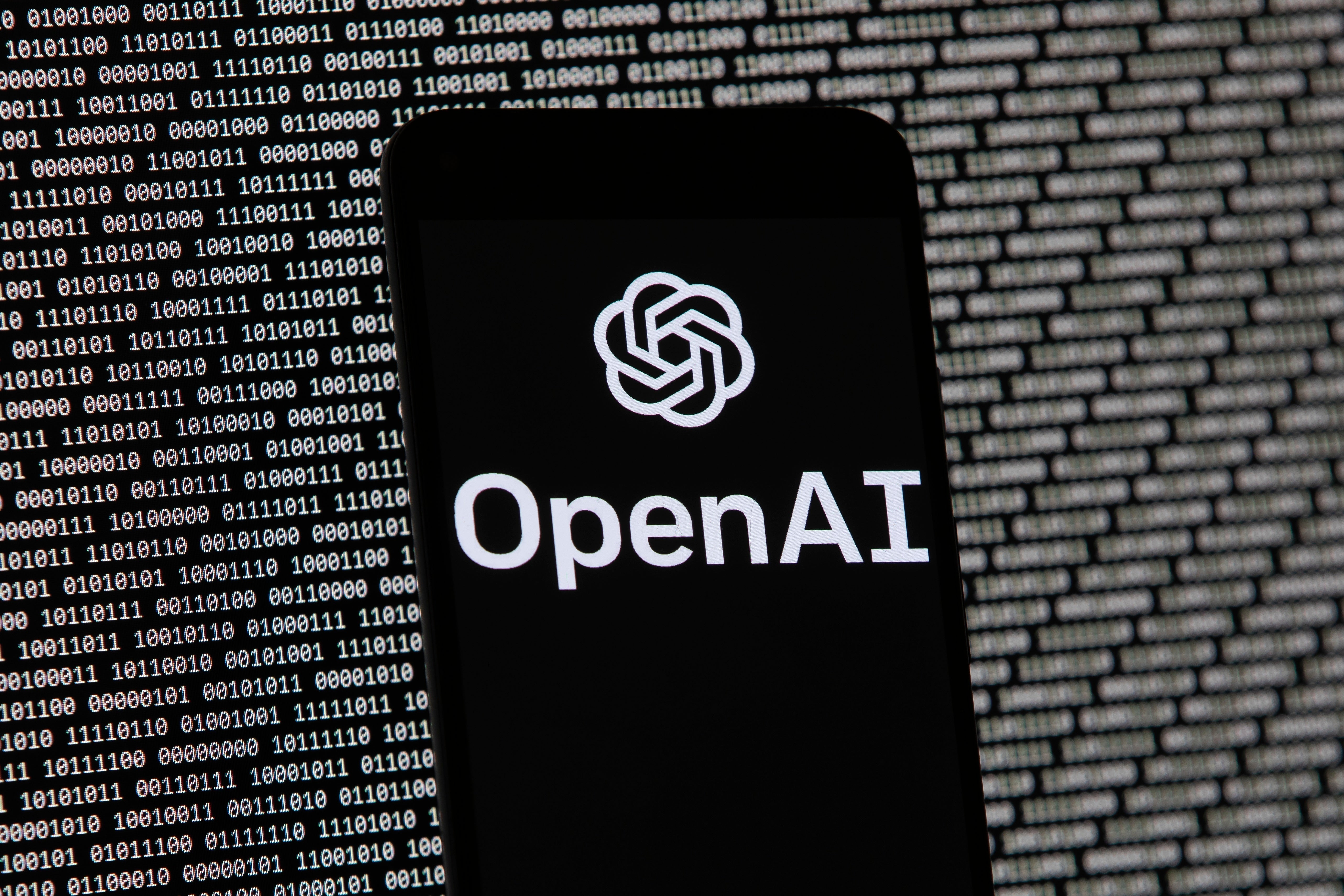OpenAI turns ChatGPT into a search engine
AI search tool mimics some features of a traditional search engine but with a more conversational approach

Your support helps us to tell the story
From reproductive rights to climate change to Big Tech, The Independent is on the ground when the story is developing. Whether it's investigating the financials of Elon Musk's pro-Trump PAC or producing our latest documentary, 'The A Word', which shines a light on the American women fighting for reproductive rights, we know how important it is to parse out the facts from the messaging.
At such a critical moment in US history, we need reporters on the ground. Your donation allows us to keep sending journalists to speak to both sides of the story.
The Independent is trusted by Americans across the entire political spectrum. And unlike many other quality news outlets, we choose not to lock Americans out of our reporting and analysis with paywalls. We believe quality journalism should be available to everyone, paid for by those who can afford it.
Your support makes all the difference.OpenAI has integrated a search engine into its AI chatbot ChatGPT, allowing users to get up-to-date information about news, sport and weather.
It is the AI firm’s first direct challenge of Google’s search dominance, having first announced the venture in May.
The new feature will be made available to paying subscribers, but OpenAI said it would also be coming to free users of ChatGPT in the future.
The original version of ChatGPT, released in 2022, was trained on huge troves of online texts but couldn’t respond to questions about up-to-date events not in its training data.
Google upended its search engine in May with AI-generated written summaries now frequently appearing at the top of search results. The summaries aim to quickly answer a user’s search query so that they did not necessarily need to click a link and visit another website for more information.
Google’s makeover came after a year of testing with a small group of users but usage still resulted in falsehoods showing the risks of ceding the search for information to AI chatbots prone to making errors known as hallucinations.
As part of OpenAI’s plan to provide up-to-date information, the company has partnered with a number of news and data organisations, which will see their content appear in results, with links to the original source, again mimicking a traditional search engine.
Among the news organisations and publishers to have signed up work with OpenAI are the Associated Press, Conde Nast, the Financial Times, Hearst, Le Monde, News Corp and Reuters. OpenAI said it expects to add more partners in the future.
“The search model is a fine-tuned version of GPT-4o, post-trained using novel synthetic data generation techniques, including distilling outputs from OpenAI o1-preview,” the company wrote in a blog post announcing the new search tool
“ChatGPT search leverages third-party search providers, as well as content provided directly by our partners, to provide the information users are looking for.”
Additional reporting from agencies.
Join our commenting forum
Join thought-provoking conversations, follow other Independent readers and see their replies
Comments